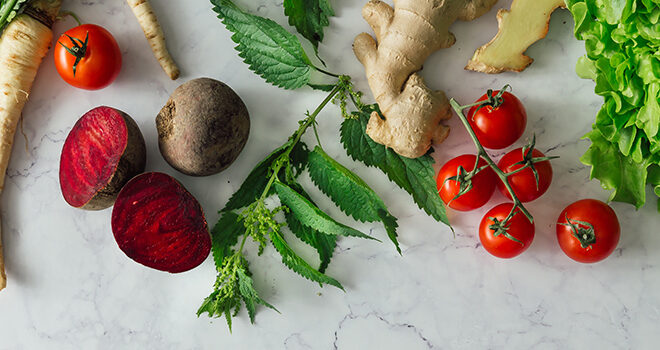More and more people want to eat local food. But what does this really mean? And does eating local also mean environmentally friendly?
You need to give some thought if you want to eat local. It means thinking about all the actions related to eating, which will define the validity of your consumption and ensure that it is optimal so you can eat locally and responsibly. An awareness of when different vegetables are in season around the world could make such initiatives even more effective.
What is eating local?
The food system is constantly changing. More and more French people are looking at ways to change how they eat and where they source their food. Products are increasingly differentiated by production characteristics to reassure consumers. There are many new labels, such as the organic label or the PGI (Protected Geographical Indication), which guarantees a product’s geographical origin.
Another new trend is ‘eat local’, which means by convention that the place of consumption and the place of production are no more than 250 km apart. This sourcing practice is seen as more environmentally friendly as it helps reduce greenhouse gas emissions from transport. Moreover, this type of consumption also benefits the local economy, giving rise to the creation of short food circuits, such as direct buying, associations of growers (“La Ruche qui dit Oui”) or even GASAP (Groupes d’Achats Solidaires de l’Agriculture Paysanne, or groups that buy from farmers only). Eating local however continues to be a subjective notion, which can be adapted to our needs and purchases.
Eating local and responsibly
According to “Réseau Action Climat”, food accounts for approximately 1/3 of the greenhouse gas emissions in France. The figure includes emissions from production, transport, processing, preparation, etc. If we want to reduce the impact of food on our planet significantly, then we need to think harder about everything we do in relation to food, rather than focus on a specific aspect of it. Researchers have demonstrated that eating local does not always mean eating responsibly, as certain local products are bigger polluters than imports.
The seasonality of vegetables is a crucial factor, which must be taken into account when buying local produce. In some cases, products that are grown locally in greenhouses will be more detrimental to the environment than seasonal imports. For example, the production of lettuce leaves in Germany in winter emits twice as much CO2, from production to consumption, than lettuce leaves that are grown outside in Spain. To eat responsibly, we must therefore be aware of food consumption across the seasons, on the country level, whether in the countries around us or farther abreast, according to our needs.
Do you feel like exotic products?
More food for thought: Why are seasonal vegetables so good for you?



 Eggplant
Eggplant  Bell pepper
Bell pepper  Vegetable garden: growing lentil
Vegetable garden: growing lentil 









